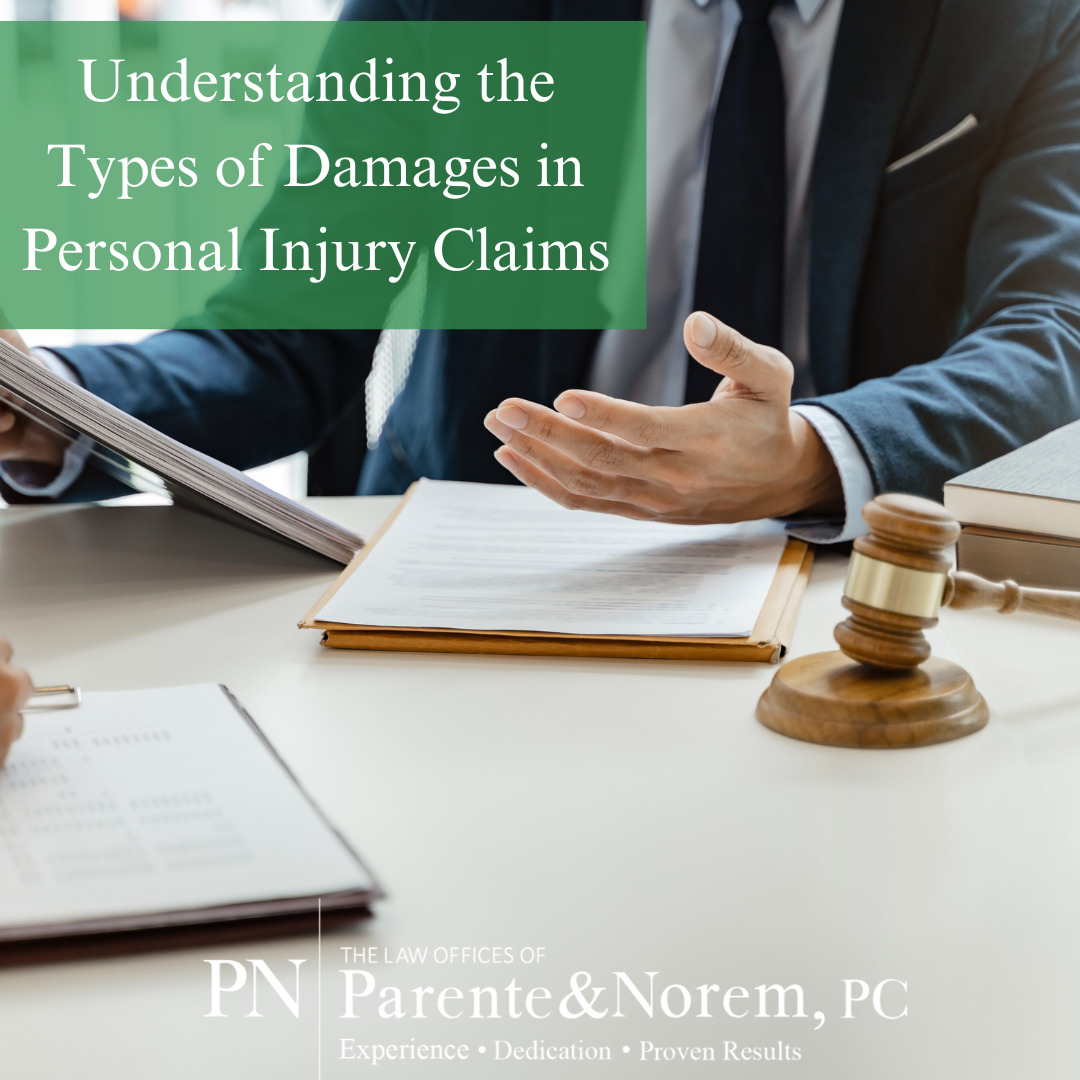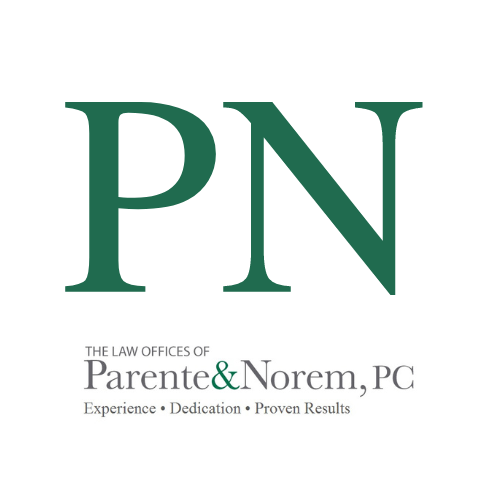
P&N BLOG | Understanding the Types of Damages in Personal Injury Claims
When individuals suffer harm due to accidents or negligence, they may be entitled to compensation through personal injury claims. These claims serve to restore the injured party, as much as possible, to their pre-accident condition by covering financial losses, emotional harm, and other negative impacts caused by the injury. If you’re pursuing a personal injury claim, it’s essential to understand the types of damages you may be entitled to. Below, we’ll explore the three main categories of damages; economic, non-economic, and punitive damages, and what each entails.
Economic Damages
Economic damages are tangible financial losses that result directly from the injury. They are intended to reimburse you for actual expenses and losses you’ve incurred or will incur in the future due to the accident. These damages are usually straightforward to calculate because they are based on documented costs such as bills, invoices, and pay stubs.
Examples of economic damages include:
Medical Expenses – This includes the cost of doctor visits, hospital stays, surgeries, rehabilitation, medications, and ongoing treatment needs. Future medical expenses can also be claimed if your recovery will require long-term care.
Lost Wages – If your injury prevents you from working, either temporarily or permanently, you can recover the income you’ve lost. This also includes future lost earning potential if you are unable to return to your previous occupation or work capacity.
Property Damage – In cases like car accidents, property damage covers the repair or replacement of your vehicle or other personal property involved in the incident.
Other Out-of-Pocket Costs – Expenses like transportation to medical appointments, assistive devices (such as wheelchairs), or home modifications for disability may also be covered.
Non-Economic Damages
While economic damages compensate for tangible losses, non-economic damages address the intangible impacts of an injury. These damages can be harder to quantify since they deal with emotional, psychological, and physical suffering caused by the incident.
Examples of non-economic damages include:
Pain and Suffering – This refers to the physical pain and discomfort endured as a result of the injury.
Emotional Distress – Accidents can leave victims dealing with anxiety, depression, or post-traumatic stress disorder (PTSD). Compensation for emotional distress accounts for these mental health impacts.
Loss of Enjoyment of Life – If the injury prevents you from participating in activities or hobbies you once enjoyed, you may be entitled to compensation for this diminished quality of life.
Loss of Consortium – In some cases, an injury can negatively impact the relationship between spouses or family members. Loss of consortium claims address the loss of companionship, affection, and support within these relationships.
Because non-economic damages are subjective, they often require the involvement of expert witnesses or testimony from therapists, family members, and the injured party to determine an appropriate value.
Punitive Damages
Punitive damages are awarded in cases where the defendant’s actions were particularly reckless, malicious, or intentional. Unlike economic and non-economic damages, punitive damages are not meant to compensate the victim but to punish the wrongdoer and deter similar conduct in the future. These damages are less common and typically only awarded in extreme cases, such as drunk driving accidents or instances of gross negligence.
Punitive damages vary significantly by jurisdiction, and some states place limits or caps on the amount that can be awarded. A skilled personal injury attorney can advise whether your case qualifies for punitive damages based on the specific circumstances.
Why It’s Important to Work with a Personal Injury Attorney
Understanding the types of damages you may be entitled to is critical for maximizing your personal injury claim. Calculating these damages; especially non-economic and punitive damages, can be complex and often requires experienced legal guidance. A personal injury attorney will not only ensure that all applicable damages are identified but also gather the necessary evidence to support your claim, including medical records, expert testimony, and financial documentation.
Additionally, insurance companies often try to settle claims for less than they are worth, particularly when non-economic damages are involved. Having a lawyer by your side helps level the playing field, ensuring you receive fair compensation for your injuries and losses.
If you or a loved one has been injured due to someone else’s negligence, understanding the different types of damages available is crucial for recovering the compensation you deserve. Economic damages cover your out-of-pocket losses, non-economic damages address your emotional and psychological suffering, and punitive damages may apply in extreme cases. An experienced personal injury attorney can evaluate your case, identify all applicable damages, and advocate for your best interests to achieve a fair settlement or court award.
At The Law Offices of Parente & Norem, P.C., we specialize in personal injury cases and are dedicated to helping our clients rebuild their lives after an accident. Contact us today at 312.641.5926 for a free consultation and learn how we can assist you in your pursuit of justice and compensation.
Latest Posts
P&N BLOG | When a Minor is Involved in a Personal Injury Claim
When a child is injured because of someone else’s negligence, the path to justice is more complex than it is for adult victims. Special legal...
P&N BLOG | What Is Negligence, and How Does It Affect Your Personal Injury Case?
When it comes to personal injury law, negligence is one of the most important concepts to understand. In fact, it’s the foundation of most...
P&N BLOG | What Compensation Can You Seek in a Personal Injury Claim?
If you’ve been injured due to someone else’s negligence or wrongful actions, understanding your rights and the compensation available is essential....
